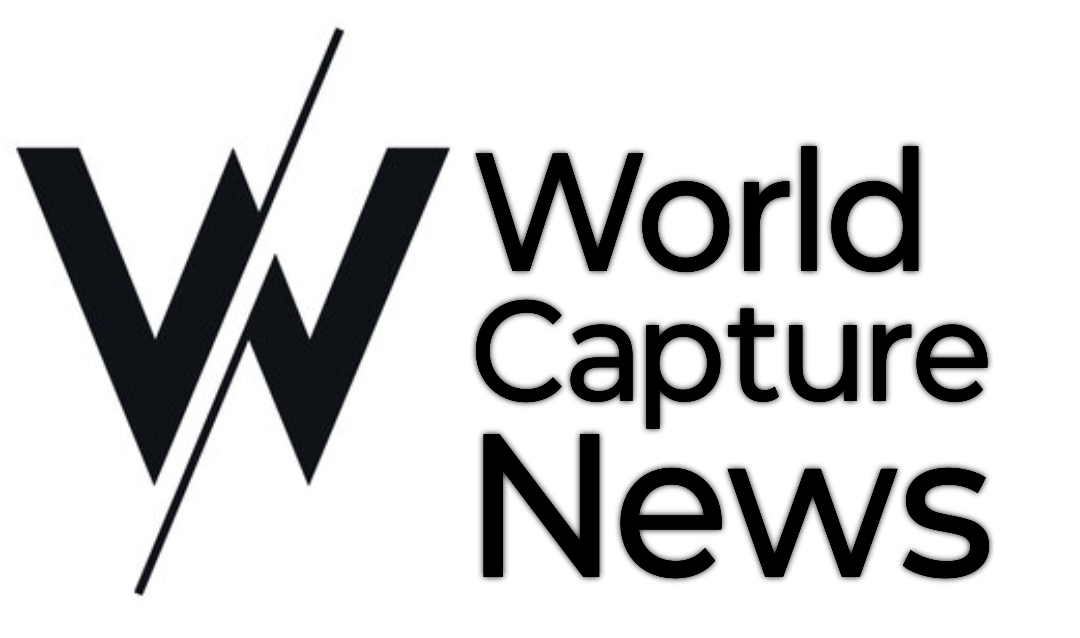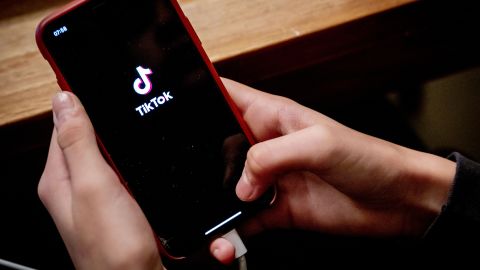After a state judge in Indiana threw out one lawsuit against the popular short-form video app and a federal judge blocked a first-of-its-kind Montana law that would have banned the app statewide, two back-to-back court victories for TikTok this week have threatened to make it harder for the company’s critics to clamp down on it.
Neither one of the cases has arrived at a ultimate result. However, the beginning phase brings about the two states show that when the controversial governmental issues of TikTok encountered the most crucial essentials of American regulation, the legislative issues lost.
In the two cases, endeavors to take action against TikTok neglected to pass simple checks, for example, whether they consented to the Primary Correction or whether the court even had ward regarding this situation, as per Thursday’s decisions.
According to Eric Goldman, a law professor at Santa Clara University, who discussed the findings with CNN, the state’s attempts to regulate TikTok “are clearly pretextual and designed for political theater.” Therefore, they appear absurd when presented to a non-political decision-maker.
The fact that the states were unable to overcome even the most fundamental legal obstacles demonstrates the difficulty that policymakers will face in articulating a specific problem that their legal tools can solve.
How we ended up where we are The two cases have different histories. The claim in Indiana looked for court-requested fines and limitations on TikTok for purportedly disregarding state buyer assurance regulations. After the state passed SB419, a bill that would have prevented the app from operating on personal electronic devices within state lines, TikTok and a group of content creators brought the Montana suit.
Concerns about TikTok’s ties to China through its parent company, ByteDance, were expressed by government officials at all levels in the United States in both cases. Policymakers have asserted that Chinese insight regulations could drive ByteDance to uncover TikTok’s US client information to the Chinese government, however that far authorities have not freely introduced any substantial proof of unapproved government information access.
Requires a TikTok boycott in the US originally emerged during the Trump organization and have come and gone in the years since, yet most endeavors to boycott the application have been tested in court. Only federal and state bans aimed at restricting TikTok’s use on official government devices have been successful in limiting its use. However, a large number of individual gadgets in the US can in any case uninhibitedly access TikTok.
Meanwhile, TikTok has just solidified its huge and developing arrive at in the country. TikTok declared recently that it arrived at the achievement 150 million month to month dynamic clients in the US. Additionally, an increasing number of TikTok users, creators, and small business owners are relying on the platform for their livelihood.
The reliance a few makers have on TikTok makes it an immediate encroachment of their Most memorable Revision freedoms to boycott the application in Montana, Locale Judge Donald Molloy wrote as he would see it Thursday.
“In closing off TikTok, the Council has both hurt Client Offended parties’ Most memorable Change freedoms and cut off a surge of pay on which many depend. In this way, Offended parties have laid out a probability of unsalvageable damage” from the law, Molloy composed.
According to Patrick Toomey, deputy director of the National Security Project of the American Civil Liberties Union, the Montana ruling demonstrates that the United States Constitution “imposes an extraordinarily high bar on this kind of mass censorship.”
Why state-level efforts fail to succeed Overlooked in the constitutional findings may be a subtler but no less important theme in both cases: states have attempted to make a public issue into a nearby one and, simultaneously, surpassed their power.
When Molloy attacked the state’s stated justification for passing SB419—that Montana had a legitimate “state interest” in protecting residents from Chinese espionage—in the Montana case, he made this criticism clear.
“SB419 unequivocally boycotts TikTok in light of its immediate association with a particular far off country,” Molloy composed. “[ However, Montana lacks constitutional authority over international relations.
The Indiana administering maneuvers into a similar end, finding that despite the fact that state authorities made various charges that TikTok misdirected people in general about its strategic policies, the state neglected to demonstrate any association with Indiana that could give the state court locale over the organization.
Judge Jennifer DeGroote wrote in her opinion, “There are no allegations that Indiana users even heard these alleged misstatements, let alone relied on them when deciding to download and use the TikTok platform.”
DeGroote went on to say that just because TikTok “is available to Hoosiers through third-party app stores” does not mean the court has jurisdiction over it either, “because the State does not allege that TikTok specifically targeted Indiana,” as DeGroote put it.
Together, the decisions spread out huge constraints on how those states can pursue TikTok, obliging policymakers’ capacity to focus on the organization via either its connections to China or by reference to clearly open analysis of the application.
What comes next According to Goldman, policymakers should take note of the numerous reasons why state-level efforts in Indiana and Montana failed. It’s an array of legitimate obstacles that enemy of TikTok endeavors should go through, and it’s basically impossible to overcome every one of them,” he said.
According to Blake Reid, a law professor at the University of Colorado, there was little need for the judges to weigh in on the central political argument at the center of the cases because the judges’ opinions on many of the core legal principles were so clear and well-reasoned: Whether TikTok truly is a threat to general society.
“These are the two adjudicators who probably are attempting to try not to swim into the political battle,” said Reid, adding that the Montana assessment specifically “is an extremely effective destroying of a prominent, politically charged regulation” and utilizations a tight and restricted way to deal with arrive at an outcome “without breaking a lot of new ground” that could leave an opening for a fruitful allure.
Different courts will probably observe the Montana directive, said Goldman. Although Molloy’s argument will be persuasive to other judges considering similar cases, he stated, it will not be considered a precedent. The Indiana choice is less inclined to have a cross country influence, Goldman added, essentially because of the normal lack of definition of state court decisions and how state regulations vary starting with one purview then onto the next.
Instead of hazard crossing paths with the Constitution with TikTok-explicit boycotts and restrictions, Goldman said, policymakers ought to revitalize endeavors to improve Americans’ information security privileges all the more extensively, applying uniform guidelines to all web organizations to forestall unapproved admittance to that information by any administration — Chinese etc.
He stated, “We really need to have a social reconciliation about how do we restrict, if appropriate, the collection of data.” “The fact that social media apps are a giant machine for gathering information that is of substantial interest to governments means we really need to have a social reconciliation.” And, of course, how do we prevent the government from accessing that data?

